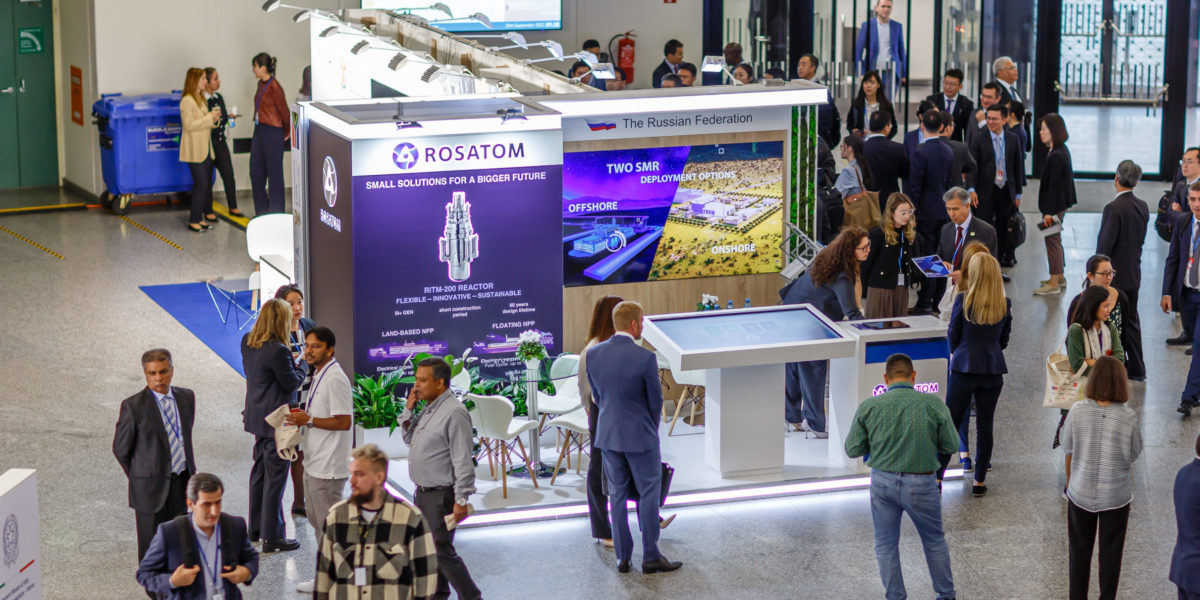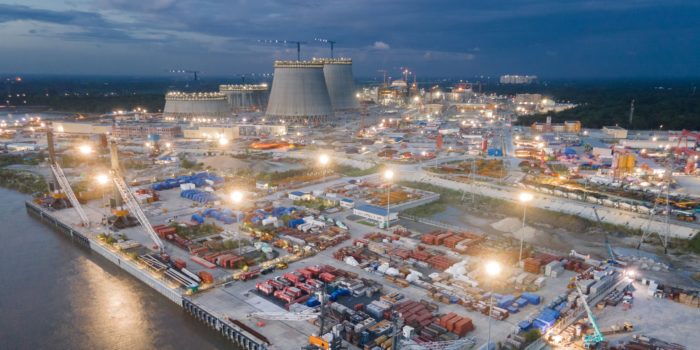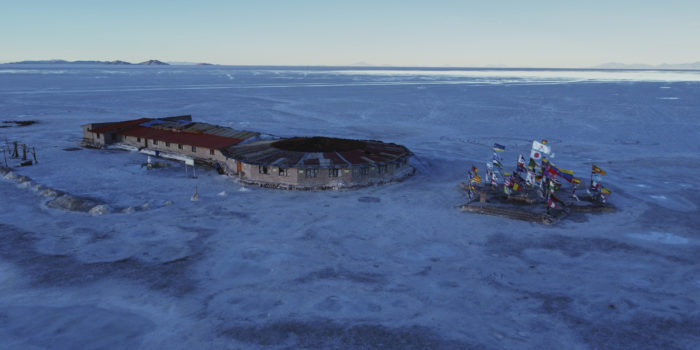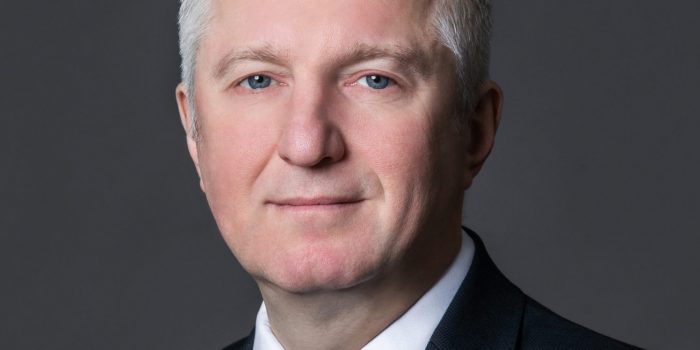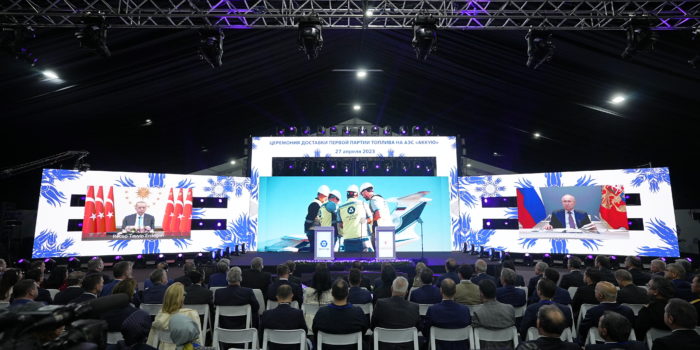Rosatom took part in the 67th General Conference of the International Atomic Energy Agency (IAEA) which was held in Vienna on September 25-29, 2023. The event brought together the world’s lead experts and representatives of the nuclear industry from 177 countries.
During his speech at a plenary session, the head of the Russian delegation, Director General of Rosatom Alexey Likhachev highlighted the key events and achievements of Rosatom, emphasizing the importance of international cooperation in nuclear energy. He expressed Rosatom’s readiness to expand cooperation with the IAEA. Alexey Likhachev highly appreciated the activities of the IAEA under the leadership of Rafael Grossi, including the Agency’s efforts to prevent threats to the safety of the Zaporozhe Nuclear Power Plant. Director General of Rosatom stated that the company is taking all necessary measures to ensure the effective work of IAEA experts at the Zaporozhe NPP site.
Despite unprecedented sanction pressure, Russia continues to actively promote the development of nuclear energy in the world. “Cooperation between Russia and the IAEA continues to expand, both in its depth and in the scope of projects. We see how in demand our technologies and our knowledge are. We conduct a huge number of technical tours and events to our enterprises, our construction sites, and our projects. This is a mutual enrichment,” said Alexey Likhachev. He added that Rosatom was currently building 22 units in 7 countries and emphasized the contribution of nuclear technology to achieving the UN sustainable development goals and improving the quality of life of people.
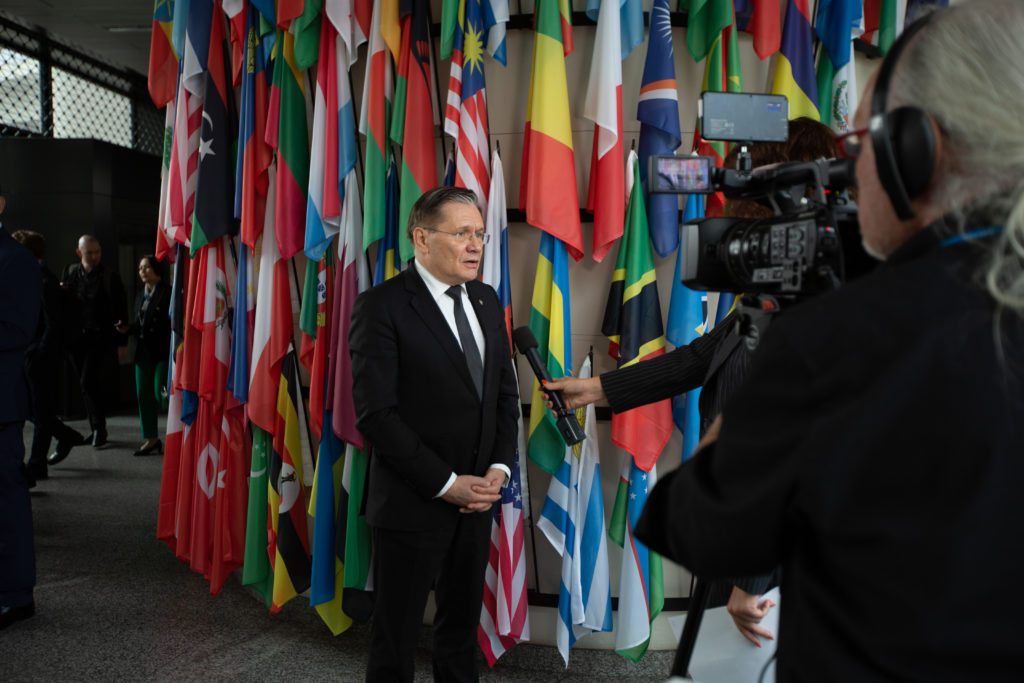
Alexey Likhachev held a number of meetings with heads of delegations of other countries and the Director General of the IAEA where current issues of cooperation and joint projects in nuclear energy were discussed. At a meeting with Peter Szijjártó, Minister of Foreign Affairs of Hungary, the parties assessed the progress of the Paks-2 NPP construction project and the implementation of tasks, taking into account the transition of the project to the main stage of implementation.
Rosatom organized seven thematic sessions, round tables, and discussions on various topics. The key event was the round table “From nuclear power plants for icebreakers to innovative technologies of small modular reactors (SMRs) and promising projects.” Its participants discussed the possibilities of using small modular reactors to ensure reliable and carbon-free energy supply, as well as ways to improve international regulation in the area of SMRs. Aleksandra Ovcharenko, Director for Key Client Relations at REP JSC, shared Rosatom’s results in this line: “In 2020, Rosatom commissioned the world’s first modern low-power nuclear power plant – Akademik Lomonosov Floating Nuclear Power Plant. This year, Rosatom received a siting license for a ground-based SNPP in Yakutia. A project is underway to create a number of floating power units to be operated in Chukotka. Rosatom’s new projects are based on the reliable reactor of the RITM‑200 series, proven by operation on modern icebreakers.” “To speed up the process of introducing floating small modular reactors, we propose, together with IAEA experts and colleagues from other countries, to develop a document that will help countries that have chosen this technology to implement a floating nuclear power plant project,” she suggested.
A substantive discussion on the topic of education and personnel development in the nuclear industry took place within the framework of the sessions: “Education in nuclear: development of universities and international cooperation” and “Training qualified young experts in fast neutron reactors and the closed nuclear fuel cycle as part of the development of a new technology platform.”
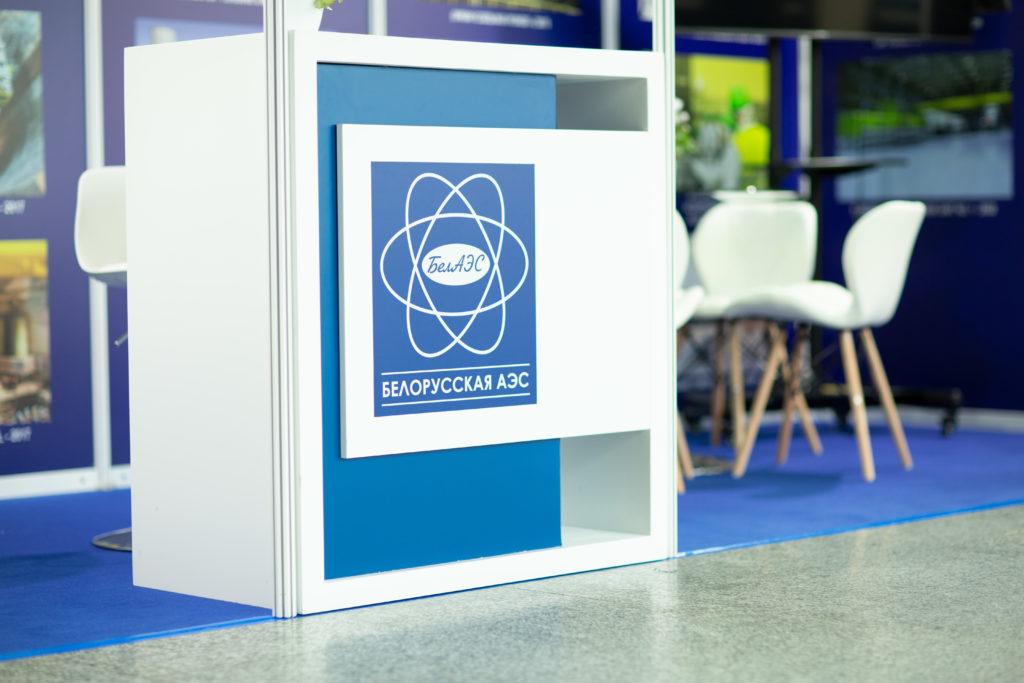
At the session “Nuclear legacy in the CIS Countries: experience and outlook for cooperation,” we considered an initiative to develop a new CIS program document on bringing nuclear legacy in a safe state in the CIS countries, covering not only uranium legacy but also other nuclear-related legacy.
On the sidelines of the event, a ceremony was held to sign a Memorandum of Understanding between Rosatom and the Algerian Atomic Energy Commission (COMENA). The parties agreed to jointly implement projects in application of non-energy nuclear technologies in healthcare and the development of nuclear medicine in Algeria. Cooperation in this area will be supervised by the Health Technologies division (Rusatom Healthcare JSC). A Memorandum of Understanding was also signed between the Nigeria Atomic Energy Commission and Tomsk National Research Polytechnic University (a basic university of Rosatom).
As part of the exhibition, Rosatom held virtual technical tours to Russian nuclear power plants: Leningrad NPP, Beloyarsk NPP, as well as Akademik Lomonosov Floating Nuclear Power Plant. Information materials were also presented about the latest achievements and innovative developments of the company in implementation of large and small NPP projects, comprehensive maintenance of NPPs, NPP personnel training, and radioactive waste management.

